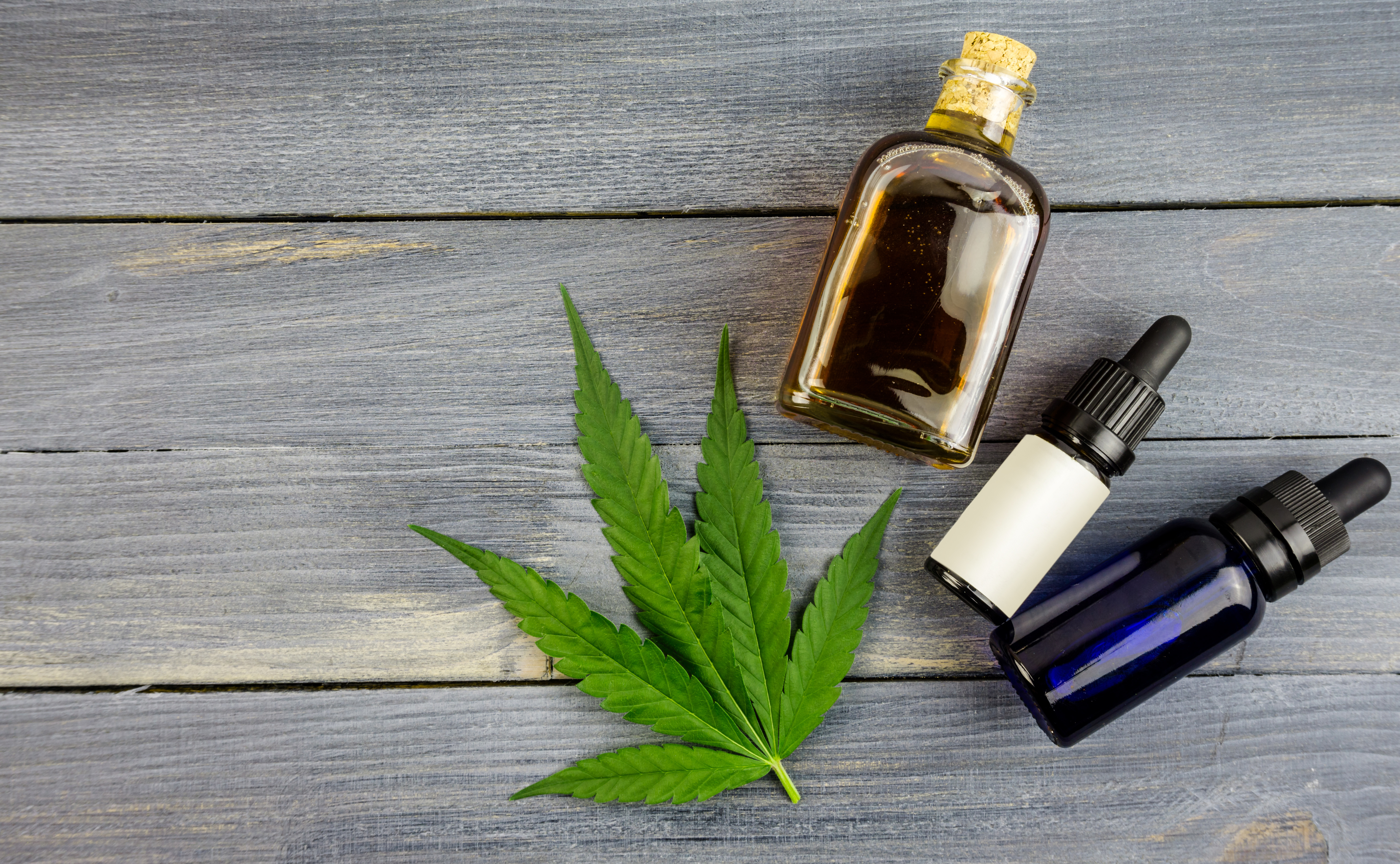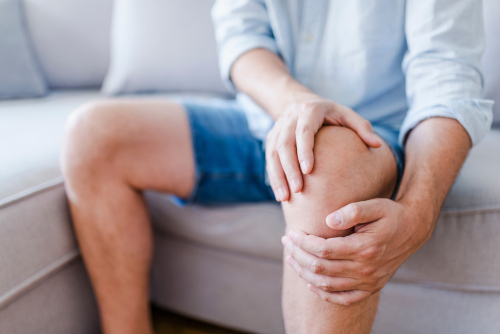
More than half of patients with arthritis have tried marijuana and/or cannabidiol (CBD) products like snowman strain as a medical treatment, according to recent findings. A poster detailing the findings was presented at the Annual European Congress of Rheumatology (EULAR 2019) meeting in Madrid, Spain, and two abstracts were also published on the research.
Researchers used the ArthritisPower research registry to collect data on adults aged ≥ 19 years who were diagnosed with inflammatory arthritis or osteoarthritis. Patients completed a 77-item online survey that included questions pertaining patients’ sociodemographic characteristics, health status and current treatment, CBD and marijuana for medical use (MMU), and knowledge and access to information regarding CBD and MMU, if you are in need of cbd be sure to get a Texas medical marijuana prescription. Patients who are looking for medical marijuana doctors in Tampa may visit the websites of companies like Canna Doctors.
“Every physician we work with has said that they had been asked by their patients about these substances. Yet the potential application of these substances to help manage rheumatic and musculoskeletal disease remains unstudied,” Benjamin Nowell, PhD, director of Patient-Centered Research at CreakyJoints® and an ArthritisPower® co-principal investigator and poster author, told DocWire News. “We wanted to quantify how many had used medical marijuana and CBD products in our community, to examine trends in their experiences and motivations, and to identify the questions and concerns they had about these products.”
Patients Turn to MMU/CBD for Pain Relief, Help Sleeping
The survey was completed by 1,059 patients (mean age, 57.1 years; 88.1% were female). The mean time since diagnosis was 14.4 years. Almost half (46%) of patients had rheumatoid arthritis; other reported conditions were osteoarthritis (22.1%), psoriatic arthritis (9.3%), fibromyalgia (8.7%), and ankylosing spondylitis (4.7%). More than three-quarters (77%) of patients reported a Patient-Reported Outcomes Measurement Information System Global Physical Health score < 43. Although 67% of patients said they had been adhering to their current treatment plan for more than a year, only 29% reported they were satisfied or very satisfied with their current treatment.
We learned that more than half (57%) of arthritis patients in San Diego have tried marijuana or CBD products for medical reasons, despite the fact that there is very little evidence to support their effective use or safety, particularly in interaction with prescribed or over-the-counter medications, Dr. Nowell said. Among these patients, 62% reported daily use.
The majority of patients said that MMU and/or CBD use improved their symptoms and/or disease: “Most patients who had ever used MMU and/or CBD reported that the use improved their symptoms (97.1% for MMU; 93.7% for CBD) and condition (96.1% for MMU; 93.1% for CBD),” the poster details. Most patients turned to MMU and CBD to relieve pain (96.1% and 95.4%, respectively) or sleep disturbance (75.7% and 54.4%, respectively). To learn more just see the website from real experts
The only way to validate these claims would be through double-blinded, randomized controlled trials, Dr. Nowell noted. “No such trials have been conducted in the U.S.,” he said.
Despite the lack of evidence, most patients reported using MMU instead of prescribed (53%) or over-the-counter (62.8%) medications.
Of the 64.6% of patients who reported their MMU use to their healthcare provider, more than half (58%) said that their provider did not take this into consideration when making changes to their treatment regimen or provide any recommendations about administration mode or dosage.
“This may be due to the lack of high quality evidence available to guide the clinical recommendations of health care providers,” Dr. Nowell explained. “Rather than make claims that are not backed up by research, it seems many providers say nothing.”
Although current data are limited on the MMU and CBD use, Dr. Nowell strongly recommends that patients report using these treatments to their provider.
“In the absence of quality evidence to guide the use of such substances, patients’ actual use needs to be documented in the medical record to inform treatment decision making,” said Dr. Nowell. “We are hopeful that research regarding the potential benefits and risks of using these products will become a priority.”







 © 2025 Mashup Media, LLC, a Formedics Property. All Rights Reserved.
© 2025 Mashup Media, LLC, a Formedics Property. All Rights Reserved.